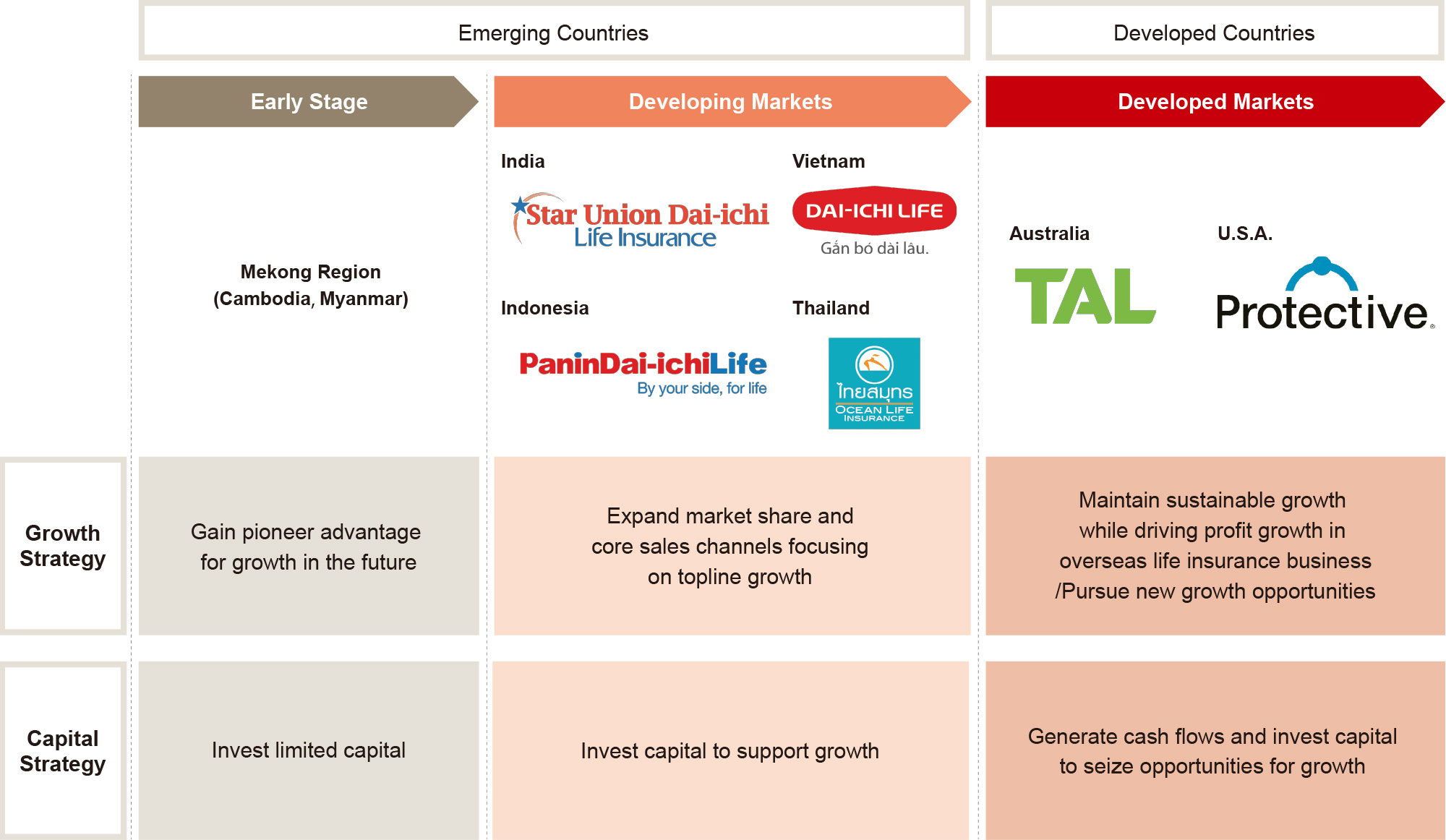
Navigating New Horizons: Unveiling Emerging Markets Insurance Strategies
In the dynamic landscape of global economics, emerging markets present both opportunities and challenges for insurance providers. Crafting effective strategies tailored to the unique characteristics of these markets becomes imperative for sustainable growth and client satisfaction.
Understanding the Dynamics of Emerging Markets
Emerging markets encompass nations undergoing rapid industrialization, infrastructural development, and economic growth. However, these markets also come with intricacies such as regulatory variations, diverse consumer behaviors, and evolving risk landscapes. Emerging Markets Insurance Strategies delve into understanding these dynamics to formulate targeted approaches.
Customizing Products to Local Needs
One key aspect of successful insurance strategies in emerging markets is the customization of products to meet local needs. Recognizing the unique risks and priorities of the local population allows insurers to design policies that resonate with customers. This customization fosters higher adoption rates and addresses specific concerns relevant to the market.
Leveraging Technology for Market Access
Technology plays a pivotal role in extending insurance coverage in emerging markets. Mobile platforms, digital channels, and innovative technologies provide avenues for reaching a broader audience. Emerging Markets Insurance Strategies focus on leveraging technology to enhance market access, streamline processes, and make insurance products more accessible to the underserved.
Microinsurance for Inclusive Coverage
Microinsurance has emerged as a powerful tool for inclusive coverage in emerging markets. Tailored for low-income individuals and small businesses, microinsurance policies offer affordable protection. Emerging Markets Insurance Strategies often include the development of microinsurance products to bridge the insurance gap and provide financial security to a larger demographic.
Partnerships and Collaborations for Market Penetration
Establishing strategic partnerships and collaborations is a key element of successful Emerging Markets Insurance Strategies. Teaming up with local businesses, financial institutions, or governmental agencies can facilitate better market penetration. Partnerships enable insurers to tap into existing networks, build trust, and expand their reach effectively.
Educational Initiatives for Insurance Literacy
Insurance literacy is often a challenge in emerging markets where understanding of insurance concepts may be limited. Successful Emerging Markets Insurance Strategies involve educational initiatives aimed at increasing insurance awareness and literacy. Educated consumers are more likely to appreciate the value of insurance and make informed choices.
Adapting to Regulatory Dynamics
Regulatory environments in emerging markets can be fluid and subject to change. Successful insurers in these markets adapt quickly to regulatory dynamics, ensuring compliance while identifying opportunities within evolving frameworks. Flexibility and agility are crucial components of Emerging Markets Insurance Strategies to navigate regulatory shifts effectively.
Rural and Agricultural Focus for Comprehensive Coverage
A significant portion of emerging markets is often comprised of rural and agricultural communities. Emerging Markets Insurance Strategies that prioritize comprehensive coverage for farmers, livestock owners, and rural businesses contribute to the economic resilience of these communities. Agriculture-focused insurance products address the specific needs of this demographic.
Innovative Pricing Models for Affordability
Affordability is a key consideration in emerging markets where purchasing power may vary widely. Innovative pricing models, such as pay-as-you-go or usage-based insurance, enhance affordability and cater to the financial capabilities of diverse consumers. Emerging Markets Insurance Strategies explore creative pricing structures to make insurance accessible to a broader audience.
Environmental and Social Considerations for Sustainable Practices
Sustainable and socially responsible insurance practices are gaining prominence in emerging markets. Aligning insurance strategies with environmental and social considerations not only contributes to corporate responsibility but also resonates with consumers who value sustainability. Emerging Markets Insurance Strategies incorporate ethical practices for long-term growth and positive societal impact.
Explore the Future with Emerging Markets Insurance Strategies
In conclusion, the ever-evolving nature of emerging markets requires insurance providers to adopt innovative and flexible strategies. Successful Emerging Markets Insurance Strategies involve a combination of customization, technology adoption, partnerships, education, and ethical considerations. To embark on a journey of strategic insurance in emerging markets, visit Emerging Markets Insurance Strategies.


